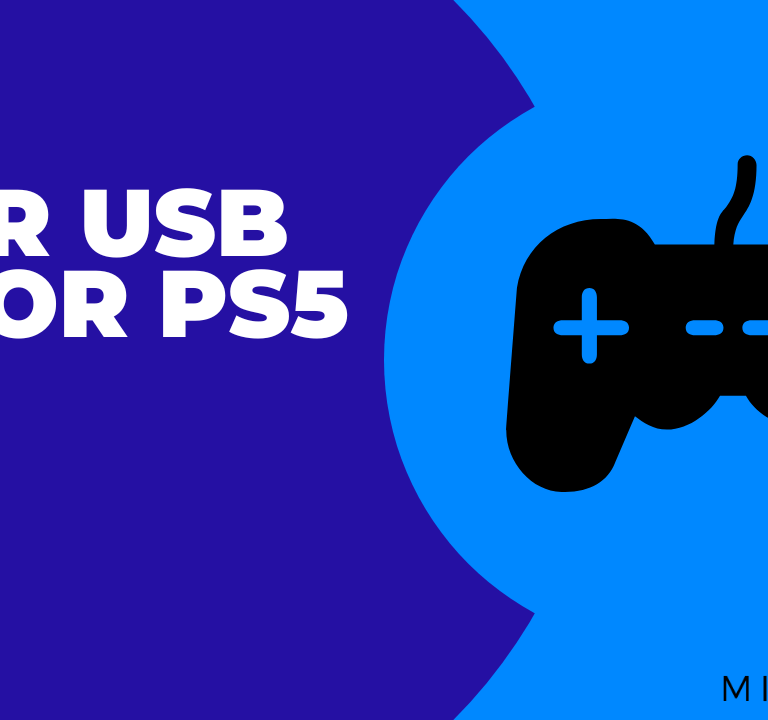What Is Mathler? | Mimshacks

Wordle quickly gained fame, making its way to The New York Times within just a month. If numbers are more your thing than words, check out Mathler, a new math game.
Mathler resembles Wordle in its design, color scheme, and the ability to share on social media. The website proudly states, “A daily math puzzle inspired by Wordle.”
Despite its similarities, Mathler poses a greater challenge than Wordle. Perhaps numbers simply prove tougher than words for us.
In the span of a month, Wordle rose to prominence and even earned a spot in The New York Times.
For those inclined towards numbers rather than letters, Mathler offers a fresh alternative as a new math game to explore.
Mirroring Wordle in its appearance and the option to share results on social media, Mathler is proudly introduced on its platform as “A daily math puzzle inspired by Wordle.”
Despite these similarities, Mathler presents a tougher challenge compared to Wordle.
This may be attributed to the inherent difficulty many face when dealing with numbers rather than letters.

Mathler Explained
Mathler, just like Wordle, is a straightforward game available for free on its website. You can play it once a day without any annoying ads. Every day at 7 p.m. ET (midnight GMT), a new puzzle is released.
In Mathler, you start with a number as the answer. Unlike Wordle, your task is to figure out the equation that gives you that number.
You use numbers 0-9 and the symbols +, -, *, and / in six slots to create your equation.
It might seem easy, but it’s actually quite challenging because there are multiple ways to reach the answer.
For example, if the answer is 20, one possible equation could be 1*5+15, while another could be 30-8-2. The real challenge lies in finding the correct combination.
Similar to Wordle, Mathler provides hints to help you. A digit that is in the correct position shows up in green, a correct digit in the wrong position appears in yellow, and an incorrect digit is shown in gray.
Mathler offers a fun and brain-teasing experience, testing your math skills in a creative way. It’s a great way to unwind and exercise your brain after a long day.
Get to know your gaming accomplishments with precision: discover how many games you’ve played, your winning percentage, your longest streak of wins, and the strategies you use for guessing.

Easily share your smart solutions by clicking the Share button. Created by Daniel Tait, this new game lets you gain an early edge.
This game provides detailed insights into your gaming performance. You’ll find out how many games you’ve played, your success rate, your longest winning streak, and the tactics you employ when guessing.
When you’ve found a smart solution, you can quickly share it using the Share button. Designed by Daniel Tait, this game offers you a head start.
With this game, you’ll get precise details about your gaming achievements. It shows you the number of games you’ve played, your success rate, your longest streak of wins, and your approach to guessing.
Once you’ve solved a puzzle, you can share your solution easily using the Share button. Developed by Daniel Tait, this new game gives you an early advantage.
Mathler Rules: Your Guide to Mastering the Game
Similar to Wordle, Mathler is straightforward with minimal rules:
- You must guess the solution in six attempts or fewer.
- Each equation entered must be correct; for instance, if the answer is 20, you can’t guess 50 + 5 – 2.
- Equations follow the order: parentheses, exponents, division, multiplication, addition, then subtraction (PEDMAS rule).
- Correct answers appear in green.
- Correct answers in the wrong position appear in yellow.
- Incorrect answers appear in gray.
- Digits and operations can be reused.

Crafting a Winning Mathler Strategy
We’ve played only one game so far, solving it in 4 out of 6 guesses. Based on this, the most effective strategy appears to be working backwards. What does that entail?
If the answer is 50, how would you reach it? One approach could be 10 times 5, so let’s try that.
Start with the first part of the equation, aiming to end with 10 — maybe 18 minus 8. Thus, your equation would be: 18 – 8 * 5 = 50.
However, as noted by several readers, this violates the rules of PEMDAS, so it’s incorrect.
Once you find an equation that works but isn’t likely the solution, your task becomes somewhat easier — perhaps it doesn’t involve an 8 but does require subtraction.

However, this also complicates matters, narrowing down potential paths. After eliminating several digits and operations, finding the correct equation for your guess can be challenging.
Regardless, success will hinge on a blend of luck and logic, much like Wordle.
While there’s no shortage of math puzzle games online, Mathler strikes a perfect balance of difficulty and familiarity with the Wordle format, ensuring quick uptake.
If you prefer word games, explore our top alternatives to Wordle instead.






